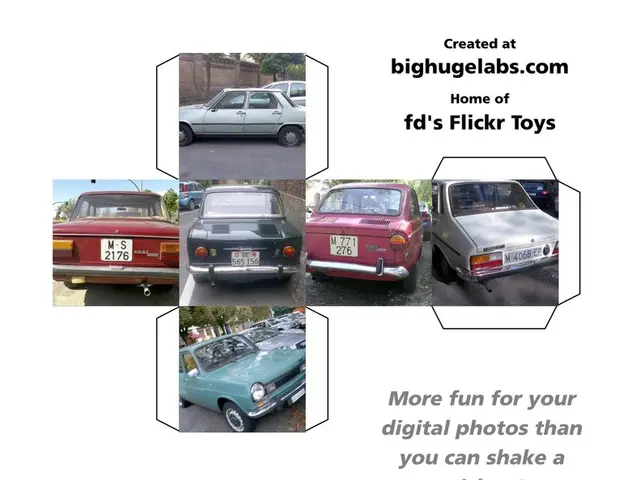Strategic approach to eco-friendly nickel production for electric vehicles in Europe
In a recent report by Transport & Environment (T&E), renewable energy is suggested as a key solution to reduce greenhouse gas (GHG) emissions in the nickel production industry by up to 40%. The report advocates for a shift towards zero-carbon chemicals in processing, decarbonised mining vehicles, optimised logistics, and efficient ore processing techniques.
T&E underscores the need for policy intervention to promote cleaner nickel production methods. The European Union (EU) is taking steps in this direction with the establishment of a local battery value chain under the EU Critical Raw Materials Act. Facilities leveraging renewable energy and hydrometallurgical technologies like bioheap leaching and pressure oxidation have the lowest carbon footprints.
The report highlights low emission nickel refining routes as a key focus for policy intervention. Europe's potential mining capacities, particularly in Finland (copper and cobalt mining), Portugal (lithium processing), and Italy (battery recycling), could fulfill 16% of the region's demand for electric vehicles (EVs) and energy storage systems. Several strategic projects across Europe focus on critical raw materials, indicating significant mining and processing potential.
Strategic projects adhering to stringent standards are being supported, with targeted funding, such as via the EU Innovation Fund, being provided. Best available technologies for environmental conservation are mandated by T&E. The report also recommends global standards like the Initiative for Responsible Mining Assurance (IRMA) to improve environmental and social stewardship.
Collaboration and investment in sustainable projects abroad are essential for fostering mutually beneficial trade relationships with nickel-rich countries, such as Indonesia, which is expected to supply 60% of the mined nickel output and 40% of the refined nickel output by the end of the decade.
By 2030, nickel-containing chemistries are projected to dominate half of the global market. Refined nickel sulphate capacities in Europe could meet 15% of the future demand, with a possible expansion of up to 70% if metal capacities are redirected towards battery production.
The report by Transport & Environment emphasises the importance of sustainable sourcing practices for the success of the global green transition in the EV industry. The shift towards renewable energy and sustainable production methods is a crucial step towards a greener future.
Read also:
- Solar energy company, Imperium, alongside QORAY Mobility & Energies Solar Business, bolsters Nigeria's environmental future by producing superior solar panels domestically and offering flexible payment options.
- AI Inspection Company, Zeitview, Secures $60 Million Funding for Expansion
- Tension between Trump and Elon Musk subsides as he retracts promise to withdraw federal funding from his businesses
- Escalating energy needs thwarting advancements in climate action for American utility companies








